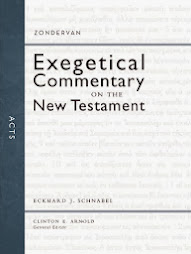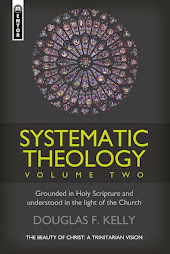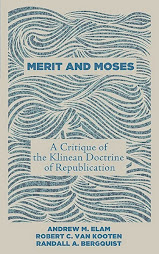skip to main |
skip to sidebar
What Pastors Ought To Be Doing
 Great counsel from Doug Sweeney on how pastors can best serve God's people:
Great counsel from Doug Sweeney on how pastors can best serve God's people:
1. Our churches and our world desperately need pastors to lead and teach theologically.
We clearly can't rely on families to raise their children up in the nurture and admonition of the Lord (though a minority of them are doing so). We can't rely on television or radio preachers to feed us (though, again, some are trying). We shouldn't assume that people are finding theological nourishment in their local Christian bookstores. Our pastors truly need to give themselves far more fully to a ministry of the Word that is profound and systematic, as well as personally, ecclesially, and socio-culturally relevant.
2. Not all pastors are able to function as big-hitting theologians (serving the church and world at large).
Some don't have the time. Many are serving churches that won't allow this kind of stewardship. Some don't have the intellectual gifts or writing skills. Many pastors in large churches have assignments that include very little preaching and teaching. So let's be honest about this: the kind of theological leadership that the world so desperately needs is not for everyone engaged in pastoral ministry.
3. All pastors should lead and inform their people theologically.
Not everyone can be a great theological leader. Not everyone can write books or make a splash in the media. But ordained clergy are called to the sacred ministry of the gospel and the eternal Word of God---not to motivational speaking, popular psychology, folk wisdom, life coaching, or marketing the faith (though we often engage these other things in ancillary ways).
4. Some pastor-theologians should recognize that God has called, prepared, and equipped them for the serious, sustained, theological leadership of their own congregations, denominations, and the Christian church at large.
This wider ministry often requires strong encouragement from those who know us well. People who fit this description are often tempted to believe that insofar as they serve the Lord in trans-congregational ministry they are shirking their main duty to their local congregations. Sometimes this is true; but it is not always true. It is possible to serve well in a local congregation and to serve the church at large. And people called to both assignments are actually sinning against the Lord if they neglect the larger church.
5. We will always need schools for the training of ministry leaders.
There are many churches one can serve with little or no advanced training. But it would be difficult today to become a theological leader without the benefit of a solid theological education. Seminaries, especially, offer such a rich and varied menu of specialized studies in fields related to Christian ministry---ancient languages and history, church history, philosophy, psychology, hermeneutics, intercultural studies, and so on--that it is impossible to replicate what they do outside the academy. History teaches that reformation in the church is usually led by intellectuals---people who understand the past and know how to chart a different course for the people of God moving forward. One doesn't need much education to maintain the status quo. But to reform and improve the church one needs to understand its problems and have access to the tools by which we can solve them.
Read the rest HERE.
 Great counsel from Doug Sweeney on how pastors can best serve God's people:
Great counsel from Doug Sweeney on how pastors can best serve God's people:



















No comments:
Post a Comment